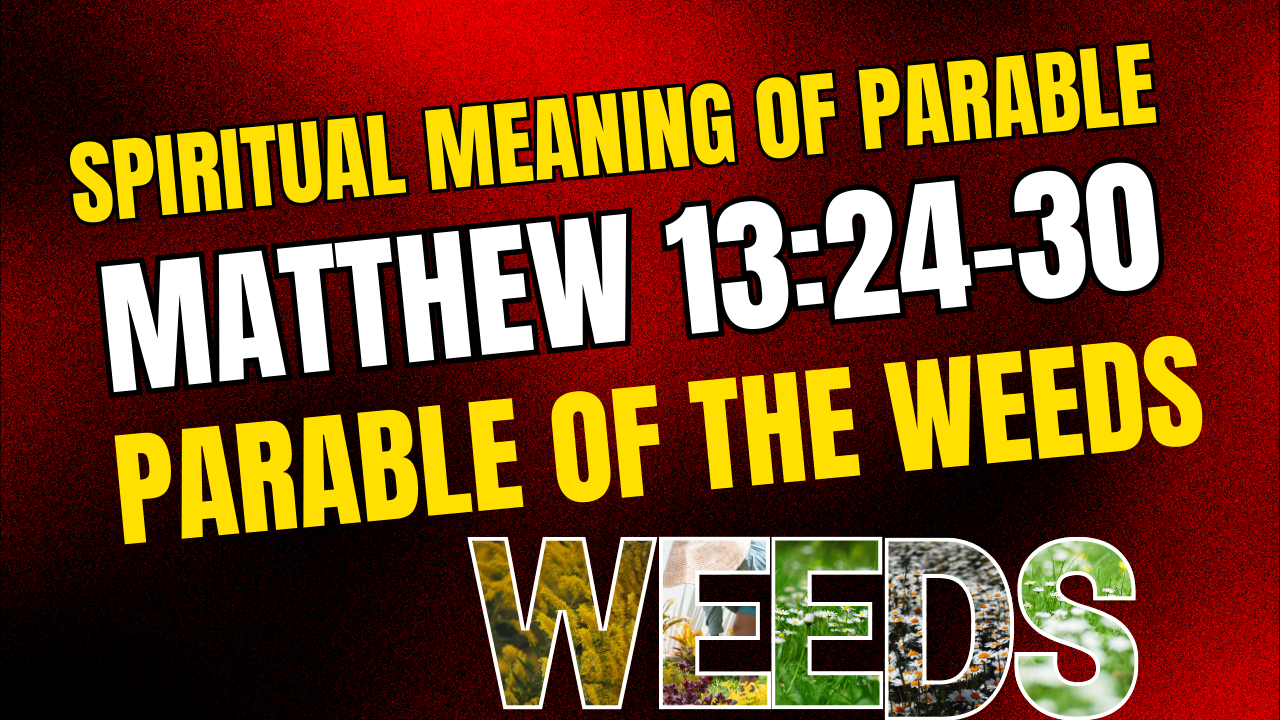Spirituality
Spirituality is a broad and deeply personal category that encompasses beliefs, practices, and experiences related to the inner self, higher power, transcendence, and the search for meaning and purpose in life. It involves exploring and connecting with the essence of one’s being, the world around them, and a greater, transcendent reality. Here are some key categories within the realm of spirituality:
1. Belief Systems and Religions: This category includes organized religions, such as Christianity, Islam, Buddhism, Hinduism, Judaism, and many others. These belief systems provide frameworks, rituals, and teachings that guide individuals’ spiritual journeys and foster a sense of connection to the divine or sacred.
2. Personal Spiritual Practices: Personal spiritual practices are unique to each individual and can include meditation, prayer, mindfulness, contemplation, yoga, or other forms of introspection and self-reflection. These practices help individuals connect with their inner selves, cultivate mindfulness, and deepen their spiritual awareness.
3. Connection with Nature: Many people find spirituality in their connection with the natural world. This category involves appreciating the beauty and wonder of nature, finding solace and inspiration in natural environments, and recognizing the interconnectedness of all living beings.
4. Transcendent Experiences: Transcendent experiences are moments of heightened awareness or connection to something beyond the material realm. They can include feelings of awe, wonder, deep peace, or a sense of oneness with the universe. Transcendent experiences often occur during meditation, prayer, or in moments of solitude and reflection.
5. Spiritual Growth and Self-Development: This category focuses on the continuous journey of personal growth and self-discovery. It involves exploring and developing one’s values, beliefs, character, and purpose in life. Spiritual growth may involve learning from spiritual teachers or engaging in practices that promote personal transformation and the cultivation of virtues such as compassion, gratitude, and forgiveness.
6. Service and Compassion: Many spiritual traditions emphasize the importance of serving others and practicing compassion. This category involves acts of kindness, altruism, and contributing to the well-being of others and society as a whole. Engaging in service and acts of compassion can deepen one’s sense of purpose and connection to others.
Spirituality is a deeply personal and subjective experience that can evolve and change throughout a person’s life. It is not limited to any specific religious or belief system and can be experienced and expressed in various ways. For some individuals, spirituality may involve a religious affiliation, while for others, it may be more focused on personal beliefs, inner exploration, or a connection with nature and the universe.
Engaging with spirituality can bring a sense of meaning, purpose, peace, and a deeper understanding of oneself and the world. It can provide solace during challenging times, offer guidance for ethical living, and foster a sense of interconnectedness with something greater than oneself.
Exploring spirituality is a personal and ongoing journey, and individuals may find resonance with different aspects of spirituality at different times in their lives. It is important to approach spirituality with an open mind and respect for diverse perspectives, allowing for personal interpretation and growth.













